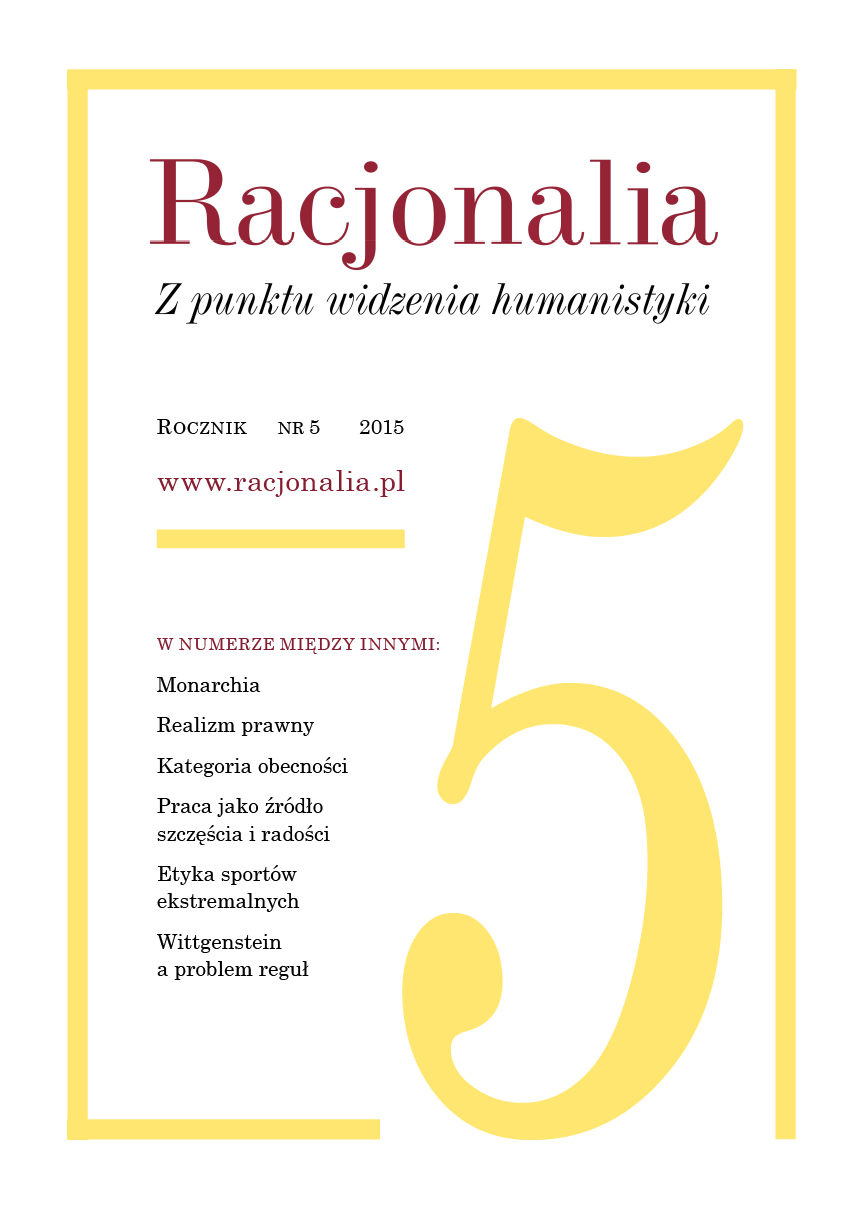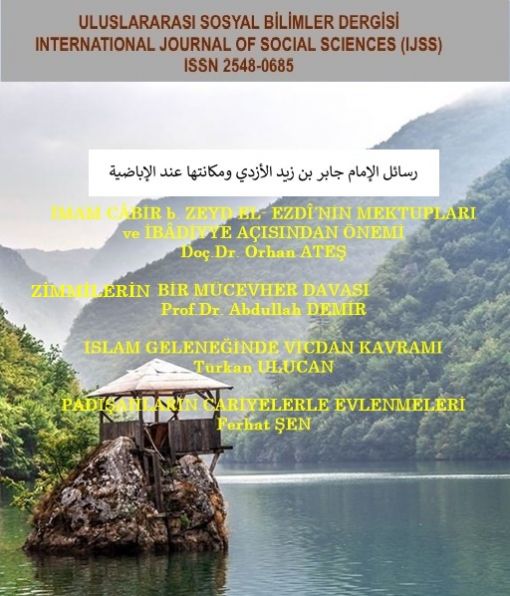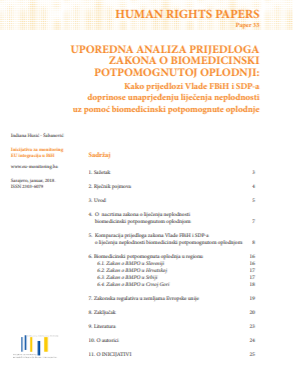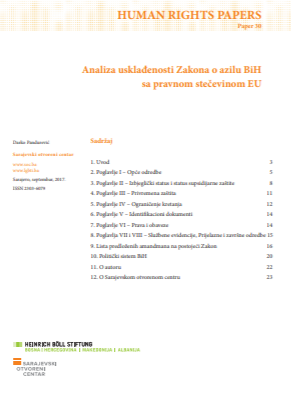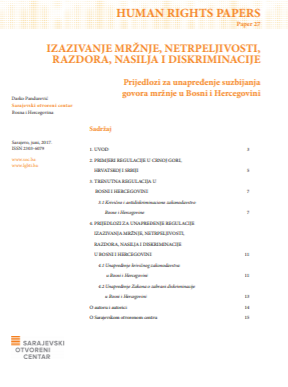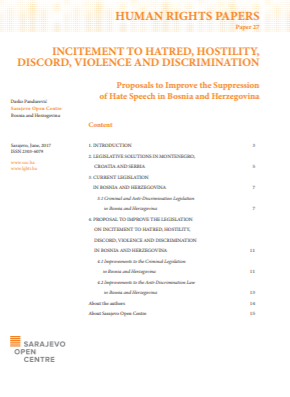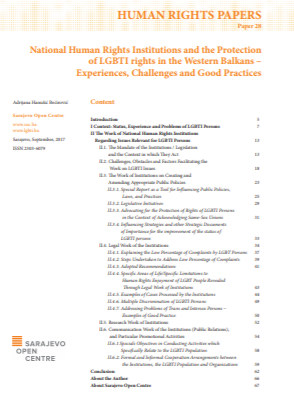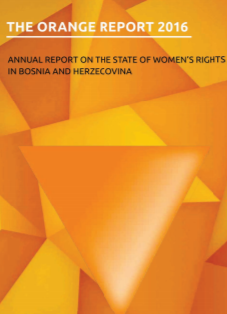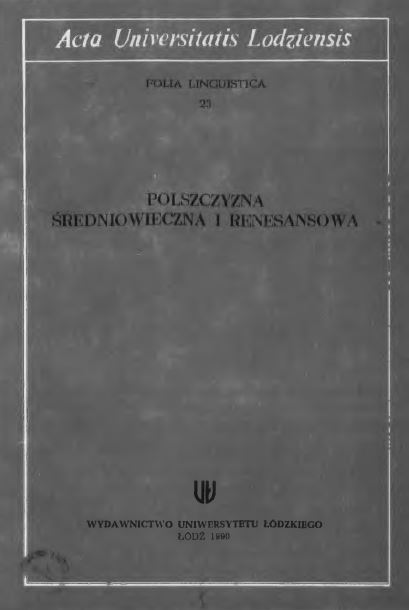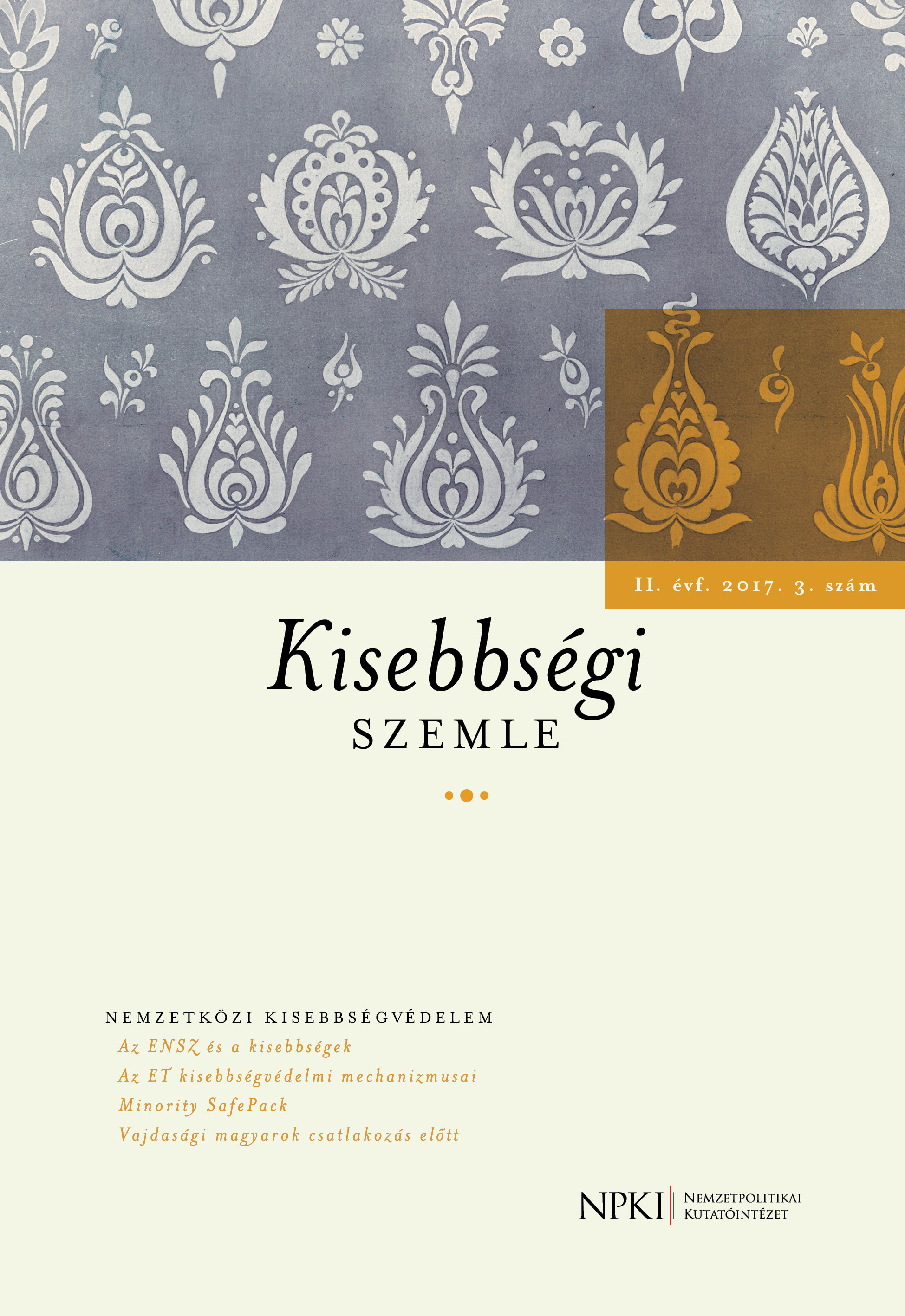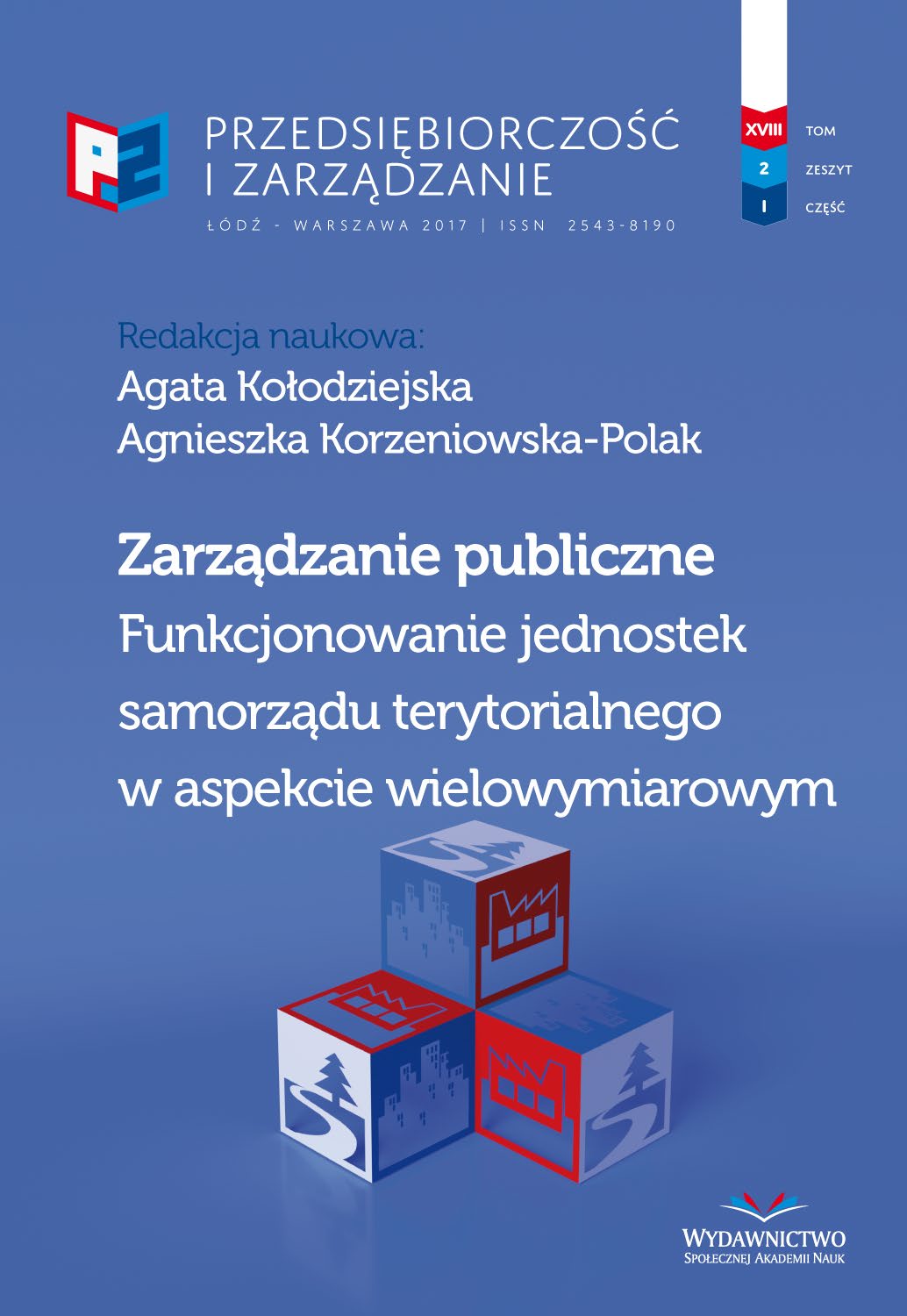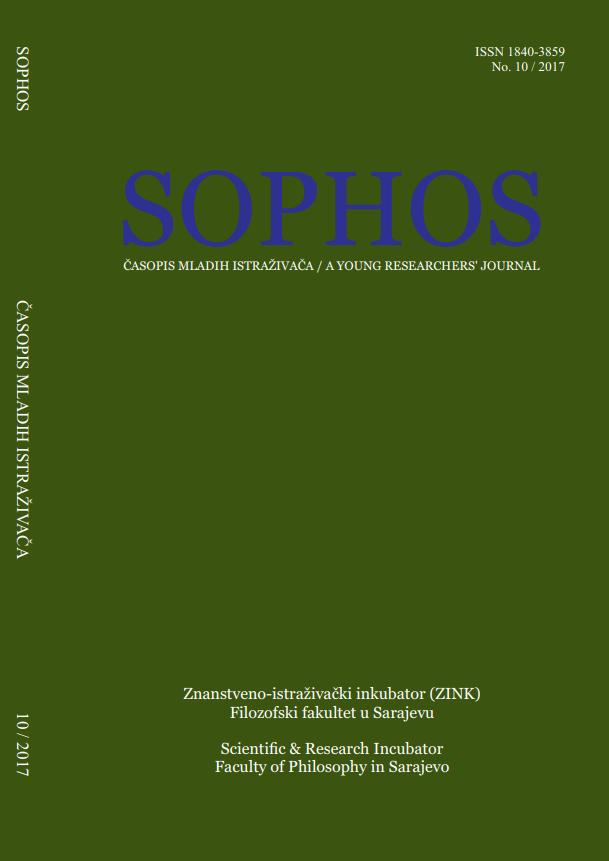Family in the Romanian Law History
“The family is both the fundamental unit of society as well as the root of culture. It … is a perpetual source of encouragement, advocacy, assurance, and emotional refuelling that empowers a child to venture with confidence into the greater world and to become all that he can be.” (Marianne N. Neifert, Dr. Mom’s Parenting Guide)
More...
